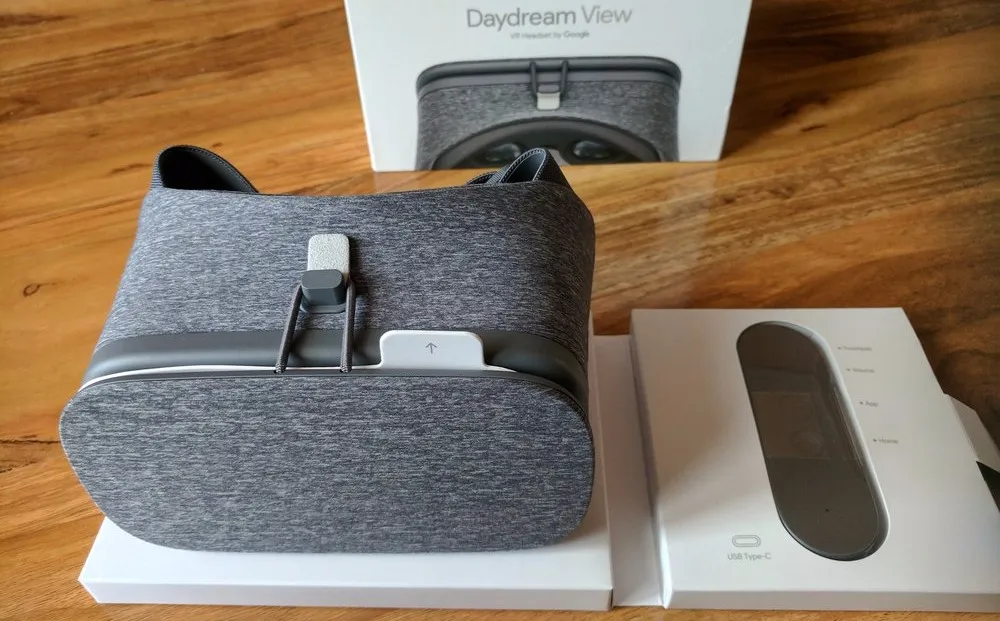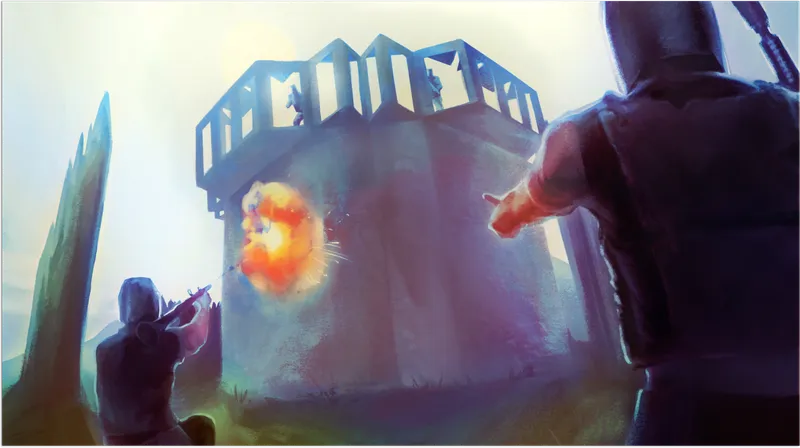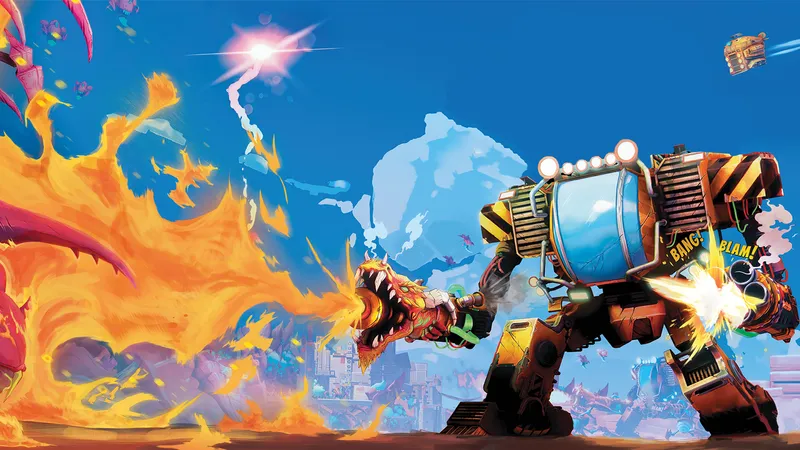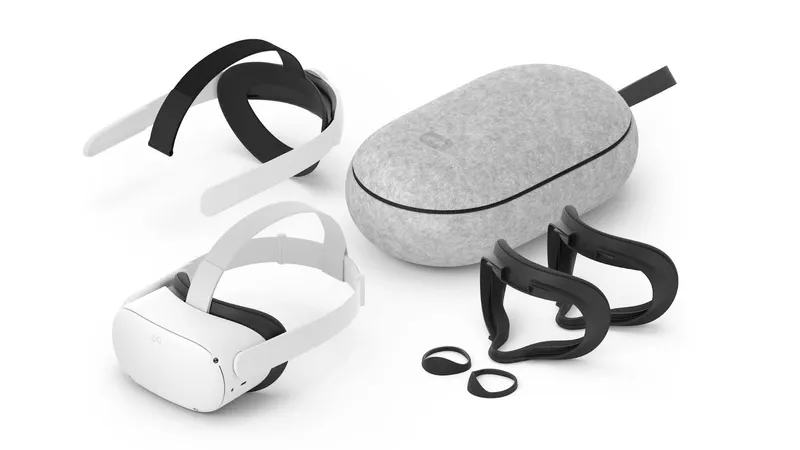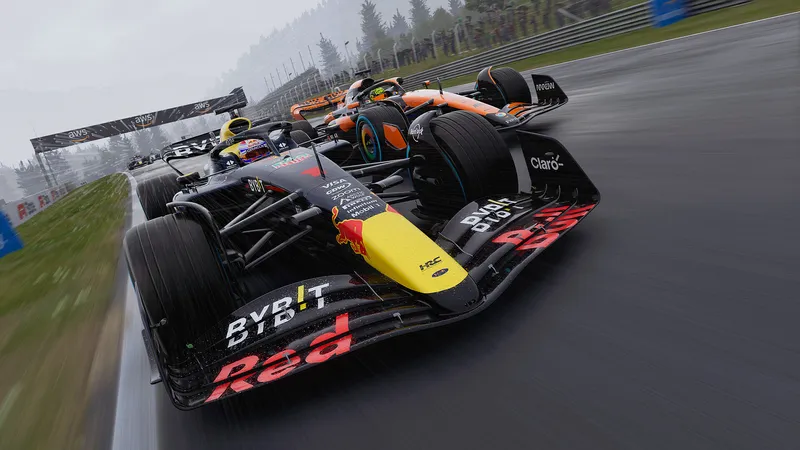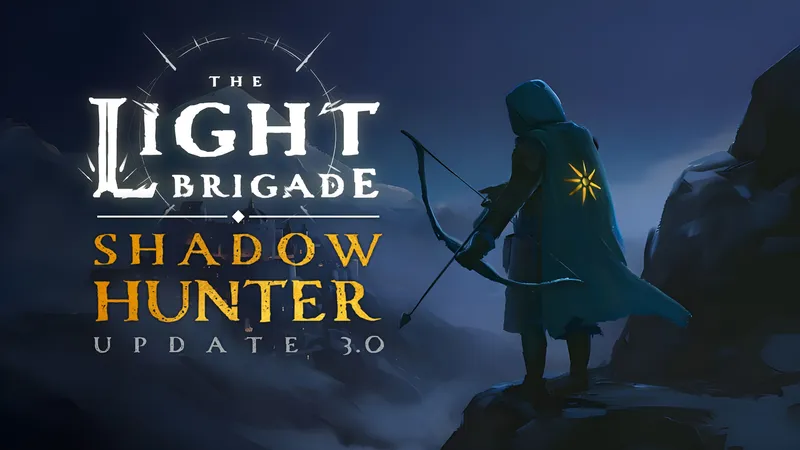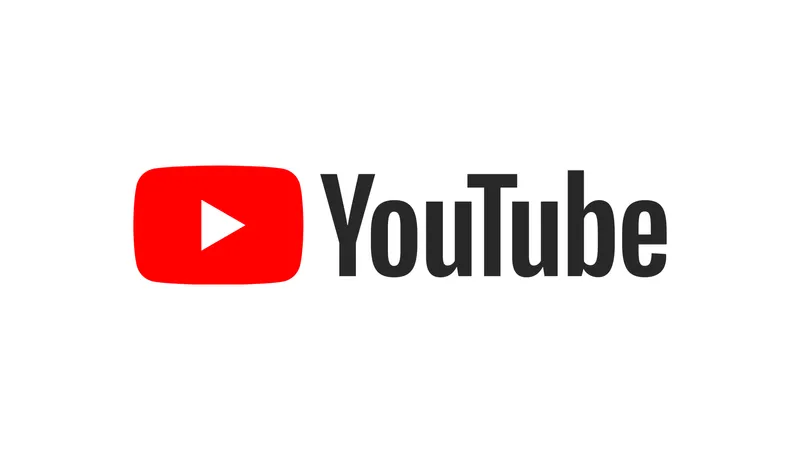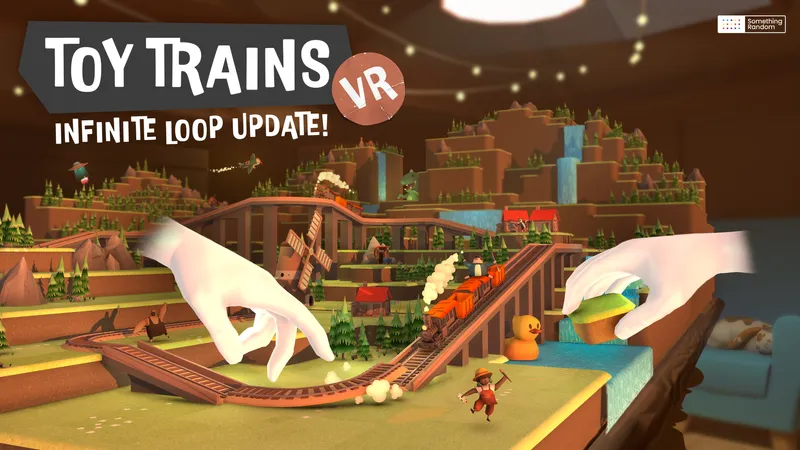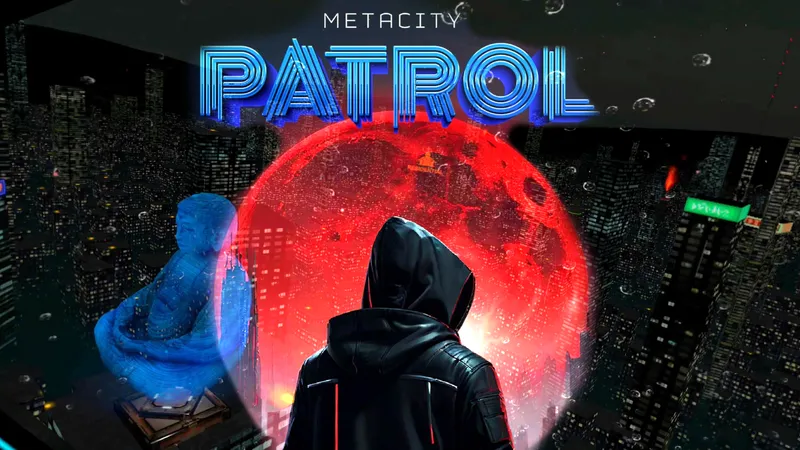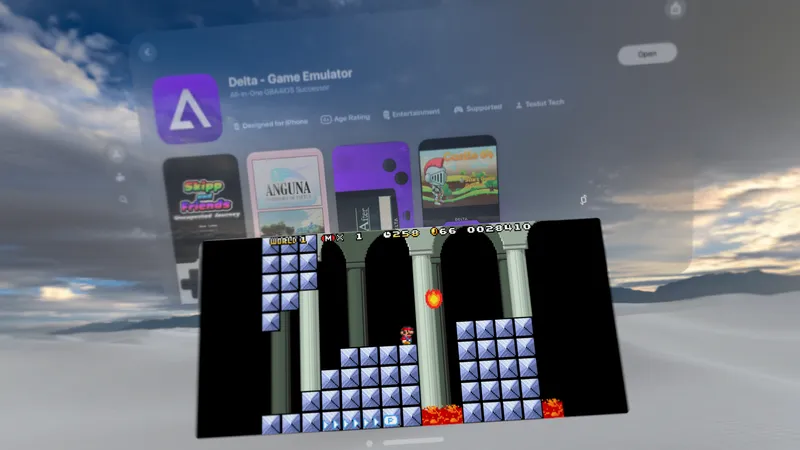When it comes to VR sales data, most companies aren’t playing their cards close to their chest so much as taping the cards to themselves. We’ve had to rely on software sales to get some inkling of an idea at how headsets and their software are performing.
Thanks to Android’s built-in statistics for apps, we can now do that for Daydream.
Many of Daydream’s apps, some made by notable developers and publishers, don’t appear to have been installed many times. In fact, lots of them have sold less than 5,000 units and could have sold as little as 1,000.
Daydream apps are bought and downloaded from the Google Play Store, just like traditional smartphone apps on Android. The listings for these experiences include a wide window for the number of times they’ve been installed. Hugely popular AR app Pokemon Go, for example, has been installed between 100 million – 500 million times while an unofficial companion app buried in the store has between 100 and 500 installs.
A lot of Daydream apps haven’t yet passed the 1,000 – 5,000 installs window. Looking at it optimistically, the best performing app thus far is YouTube VR, a free and official app that’s been installed between 100,000 – 500,000 times. It’s important to note, however, that some of these may be erroneous downloads. We’re also not sure if people that don’t own a Daydream headset can download its apps, and have reached out to Google to clarify. On the other hand, there are also likely Daydream owners that haven’t downloaded YouTube yet.
We also don’t know how up-to-date the data is. With Christmas having just happened, and no doubt more headsets being sold, it’s possible these numbers have increased greatly and not been updated yet.
We’ve sifted through the biggest apps yet released on the platform, split them up into three launch windows and then listed them in descending price order.
Launch apps (November 10th):
Hunters Gate, from Climax Studios ($5.99) – 5,000 – 10,000
Danger Goat, from nDreams ($5.99) – 1,000 – 5,000
EarthShape, from Bithell Games ($4.99) – 1,000 – 5,000
YouTube VR, from Google (Free) – 100,000 – 500,000
Released later in November:
DRIFT, from SharpSense ($10.99) – 1,000 – 5,000
The Arcslinger, from Big Red Button Entertainment ($4.99) – 5,000 – 10,000
Frostbound, from Schell Games ($4.99) – 1,000 – 5,000
The Turning Forest, from BBC (Free) – 10,000 – 50,000
Released in December:
Need for Speed: No Limits VR, from Electronic Arts ($14.99) – 1,000 – 5,000
Gunjack 2: End of Shift, from CCP Games ($12.99) – 1,000 – 5,000
Layers of Fear: Solitude, from Aspyr ($9.99) – 500 – 1,000
Untethered, from Numinous Games ($4.99) – 100 – 500
Netflix VR, from Netflix (Free) – 10,000 – 50,000
It’s certainly surprising to see big names likes Need for Speed and Gunjack 2 with less than 5,000 installs after being released a few weeks ago, and even more surprising to see titles like Layers of Fear: Solitude sell less than 1,000 copies. But there are better performing apps in each window, like Hunters Gate at launch, The Arcslinger in later November, and Netflix VR in December.
Though sales may appear to be meager, it’s possible that some developers aren’t suffering from them. Google has a lot of exclusives in place on the platform right now, including Gunjack 2 and Need for Speed and, while it hasn’t discussed the deals it strikes with developers, they could well be funding these projects in exchange for exclusivity, similar to Oculus’ Studios initiative.
The Daydream platform currently extends to Google’s own headset and smartphones, Daydream View and Pixel handsets, along with the Moto Z smartphone. Perhaps as more phones and headsets come on board, we’ll see sales for these apps pick up.

